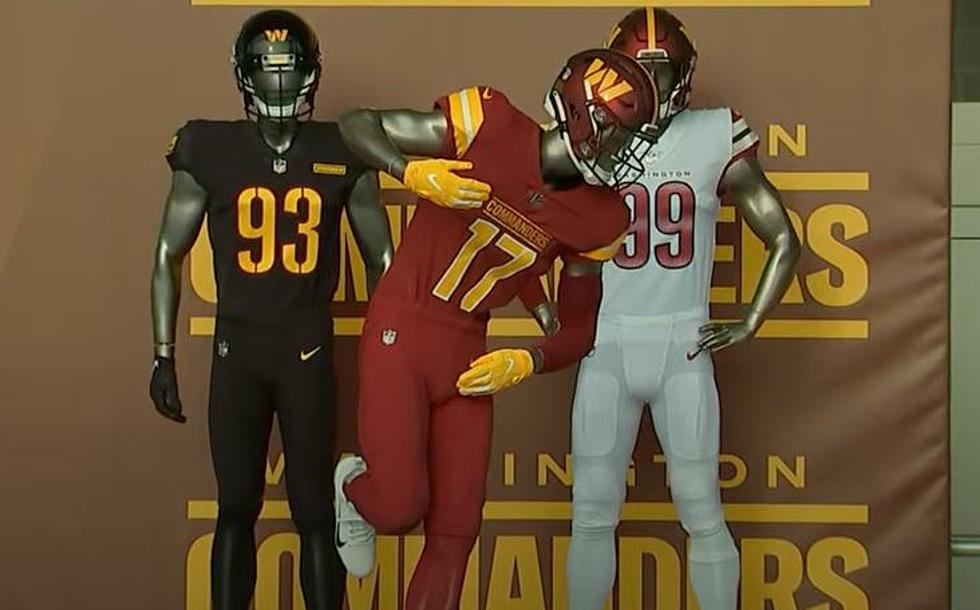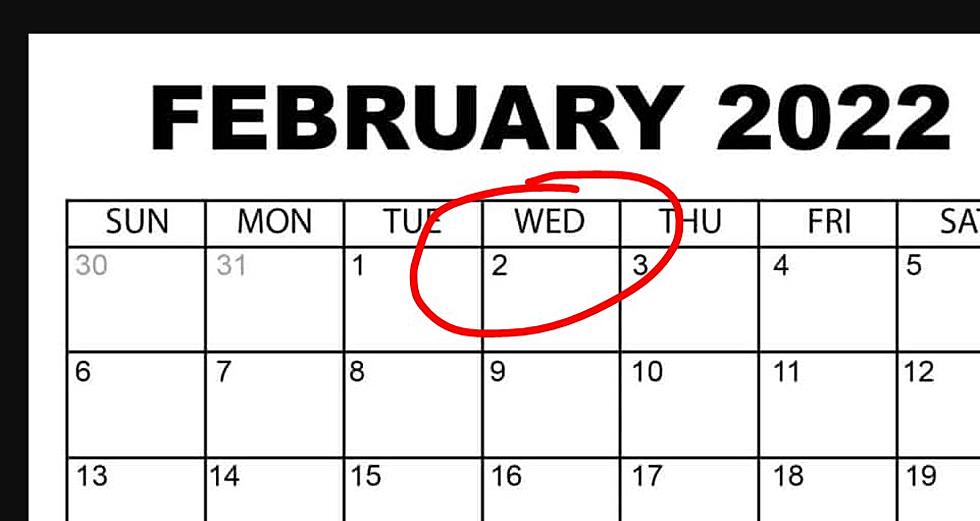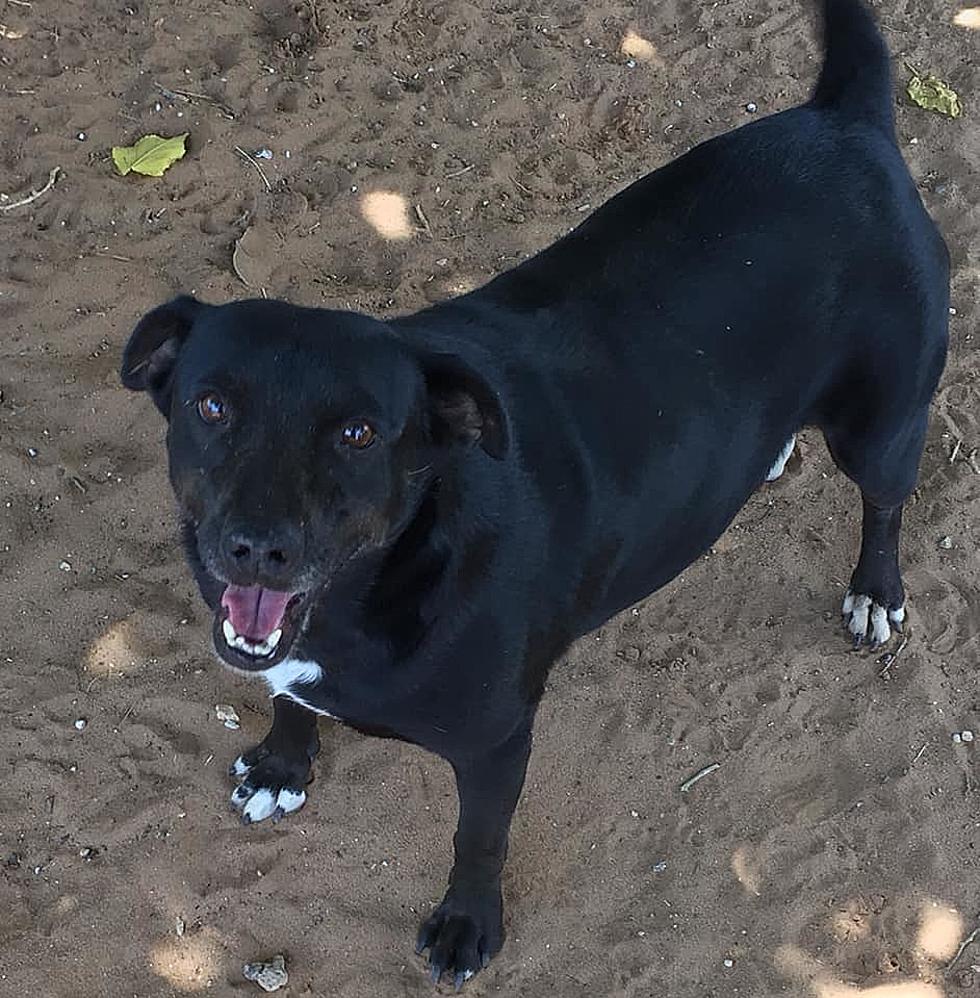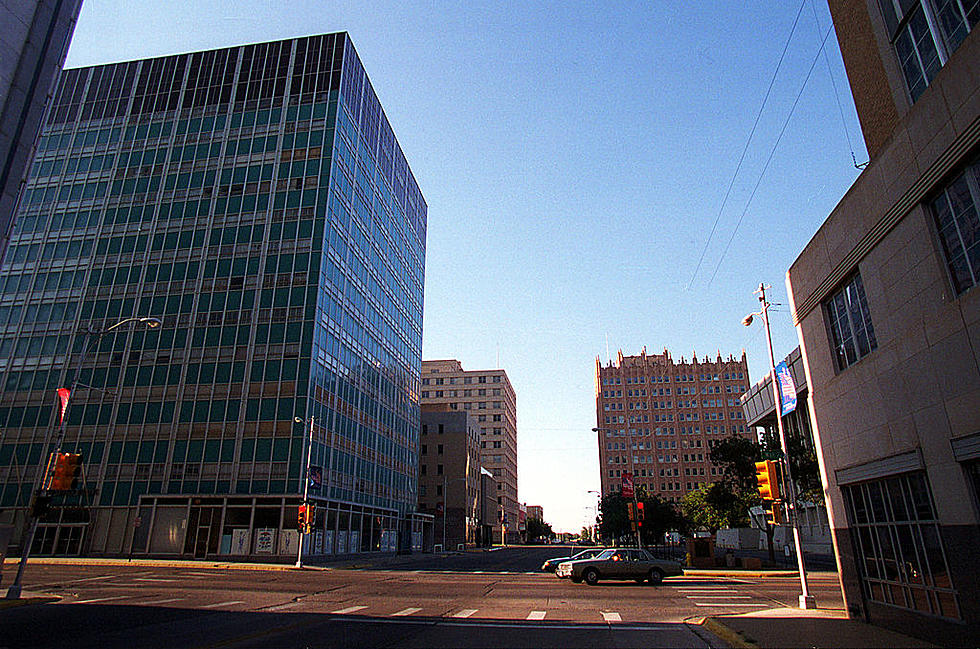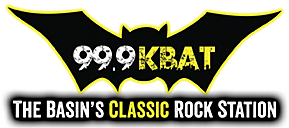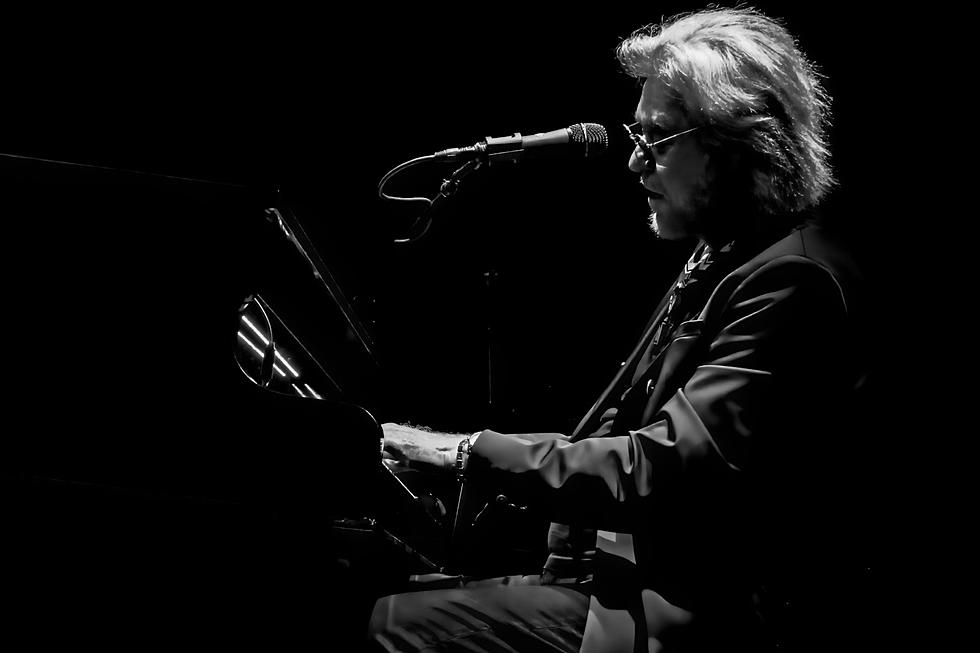
How Daryl Hall Solved ‘Musical Mysteries’ With His Solo Work: Exclusive Interview
There are a number of readily available compilations from Daryl Hall and John Oates. But, until now, there hasn't been a collection of Daryl Hall's solo work. It's an important segment of his career, which he once described as a way for him to solve his own musical mysteries.
BeforeAfter lands on April 1, collecting material original found on five albums without John Oates, from 1980's Sacred Songs through 2011's Laughing Down Crying. The LP is rounded out with additional highlights from his long-running Live From Daryl's House program.
Hall previewed the set by releasing an advance-single duet with Todd Rundgren on "Can We Still Be Friends." They'll reprise that pairing on Hall's forthcoming solo tour, which also includes Rundgren. Hall spoke with UCR from the Bahamas, where he's working on new solo music with Dave Stewart.
I love that you didn't take the chronological approach with this new collection. There are some great segues, like the crackling vinyl sound at the end of "NYCNY" into "What's Gonna Happen to Us," for example.
I did that on purpose. I had the choice, as you said, to do it chronologically. [But] I felt that doing it the way I did it makes all of the songs – it just emphasizes the timelessness of the whole thing, the BeforeAfter-ness of it all. And yeah, those little segues, like the crackling record and all of that stuff, that was very intentional.
What was it like for you to revisit your body of work? What were you happy to rediscover?
A lot of things occurred to me. One, the quality of the production. I was so blown away. I share that, you know, so I can’t completely give myself the credit. This was all collaborative with people like Dave [Stewart] and Robert [Fripp]. But the production, oh man, all of these songs. Also, the relevance of them, even though I wrote these songs on Sacred Songs [when] I was a kid in my 20s. There’s something that they still resonate with me. The thoughts that I was trying to express, I’m still expressing. I’m still feeling them.
There were some songs that I won’t say I forgot about them because I didn’t forget them. But you know, a lot of these things, I’ve been revisiting in the past because of Live From Daryl’s House. I go deep with my cuts and I do a lot of the solo songs. So it’s not like I haven’t heard these songs in years. But there are a couple of them. Like “Survive,” I purposely put that on there for the lyric. I forgot about that song; I forgot how much I liked it and how much it meant to me. You know, that was a bit of a revelation. [Hall pauses.] I think I’ll go back to what I said, the quality of the production really blew me away. All of the people who were involved and all of the players that were involved were just all so good.
It's great having the stuff from Live From Daryl's House as part of this new collection. A song like "North Star," for example, shows that you're not just playing the hits.
Yeah, I mean, one of the reasons that I decided to start Live From Daryl’s House was to show people that all of these songs, whether they’re songs I wrote in the Hall and Oates experience or songs I wrote with other collaborative people – you know, solo stuff – it’s all the same to me. But the world, they’re accustomed to hearing the big hits. There’s all this body of work that I wanted to bring to the surface. Like you say, I wanted to pull it out from under rocks and show people all of these songs that I’m proud of and that matter to me. That was the impetus behind Live from Daryl’s House, and it’s sort of the impetus behind this [new compilation].
As a performer, I think people can see you're clearly trying to find something new in the songs each night. What are your process and philosophy when it comes to performing live?
I do try to find something in the song every night, to make it a unique experience for myself and the band and the audience. I mean, it’s not like every night is a unique arrangement or anything, far from it. But I do find something within the song. Who knows what, you know? It could be the day that I had. It could be where I am. It could be the mood I’m in. All of these things [contribute to the performance]. It’s spontaneity, really. It comes down to that. I don’t play by the book. Whatever comes out of me, it comes out of me.
Listen to Daryl Hall's Newly Released Todd Rundgren Duet
How do you think that's evolved from where you started out?
I’ve always been pretty spontaneous, and I’ve always tried to bring that into my performance. That comes from the background I come from, that whole Philly soul thing – you know, where people, they just sing from the heart and it’s never the same. I’ve always brought those elements into the performance as long as I can remember, I mean from when I was a kid.
How deep will you get to go with the set lists on this upcoming tour?
I haven’t really put the set together. It’s hard to say. I mean, there has to be elements of familiarity, obviously. I’m going to mix that up. Songs that I wrote under the brand of Hall and Oates, they’re my songs. You know, I wrote “You Make My Dreams.” I wrote “I Can’t Go For That (No Can Do).” There’s no reason I can’t play those songs. In fact, why not? Mixing that up within it all, I’ll also play songs like “Everytime You Go Away,” a song I wrote that Paul Young had a hit with. [We’ll] mix it all up, kind of like an episode of Live From Daryl’s House.
It sounds like there's a good chance you and Todd will share the stage for a song or two.
Oh yeah, that’s all part of my kind of performance. I mean, Todd’s there! He’s going to use my band. He’ll do [his set] and then leave the stage and I’ll do my show. Then, I think I’m going to bring him back, We talked about doing “Can We Still Be Friends” and maybe something else. We’ll see.
How did you bond with Robert Fripp back in the day?
We share spontaneity. When he writes or when he performs, there’s a lot of improvisation that goes down within the structure. I think we both appreciate each other’s ability to rise to the moment. When something happens, I can just spontaneously do something and he can do the same. Even though our styles and musical backgrounds are dissimilar, there’s something [connects]. He has his own kind of soul, that’s the best way I can put it. It’s his West Country soul; it’s deep and it’s ancient. I can relate to it and he can relate to mine.
In the Dangerous Dances book, there's a line about how you were looking to solve your own musical mysteries as you were making the Sacred Songs album with Fripp. What do you recall trying to uncover at that time?
In those days, and I’ve never changed, it was about unlocking the mysteries of what I could do and what’s possible – what you can do musically with a disparate kind of collaboration, what you can do when you make something literally out of nothing. [For example,] someone hands you some lyrics and you start singing: The song “North Star,” Robert’s girlfriend at the time wrote those lyrics down and handed them to me, and I just started singing. What you hear is what came out of my mouth, just out of nowhere. He sort of did the same thing with his guitar. Exploring mysteries and finding what you can do and what your potential is, you know, [it involves] rising to the occasion.
RCA refused to release Sacred Songs initially, so you and Robert start circulating it to radio and journalists on your own. That would cause a lot of issues today.
It’s hard to understand in today’s world, how much power the record executives had in those days. There was no way to get your music anywhere. There really was hardly any independent way of doing it. There was no internet, there was no nothing. We used to go around to record stores. [Also], I lived in New York at the time, and Robert was living there as well. We were going to writers and saying, “Listen to this,” because there were people who were what I call kindred spirits that would have understood it and not immediately tried to put it in [the terms of], “Why is the Hall and Oates guy doing that?” It was a challenge to alter people’s perceptions. I did my best to do it. We both did our best to do it and it was frustrating, but I think history kind of was kind to us about it all. We sort of creatively prevailed, I suppose.
BeforeAfter gives equal time to all of your solo albums, which is nice. What sticks with you as far as the experience of working on 2011's Laughing Down Crying?
It was an unfortunate period of time. I had put the whole production ideas together with [late longtime collaborator] T-Bone [Wolk]. A week into the project, he died. That was devastating and creatively confusing. I was sort of left with [the feeling] of, “Now what?” How am I going to bring this to the world without the person who was part of the inception of it? I do thank Paul Pesco, the guitar player who is an old friend as well. He stepped in and sort of took T-Bone’s place. Another fellow I’ve worked with for years named Greg Bieck, they just took the reins. They said, “Okay, here we go.” The album is really a result of that.
Between your solo stuff and the music you've made with John, T-Bone was such a big piece of all of it.
He was a very close friend. We didn’t really write songs together, but he was the ultimate shaper of my ideas. He was a different kind of collaborator because it wasn’t a songwriting collaboration, it was literally a musical collaboration where I’d play an idea and he would take it someplace. When I played guitar, he would listen like no one has ever listened, to what I [was playing], so he could play around it. We had this amazing way of playing together that I haven’t really had with anybody else. I have other things that I’d love to do with other people, but just as far as sitting there and interacting with him musically, it was just like, wow, he really got me.
Top 100 '70s Rock Albums
More From The Basin's Classic Rock


